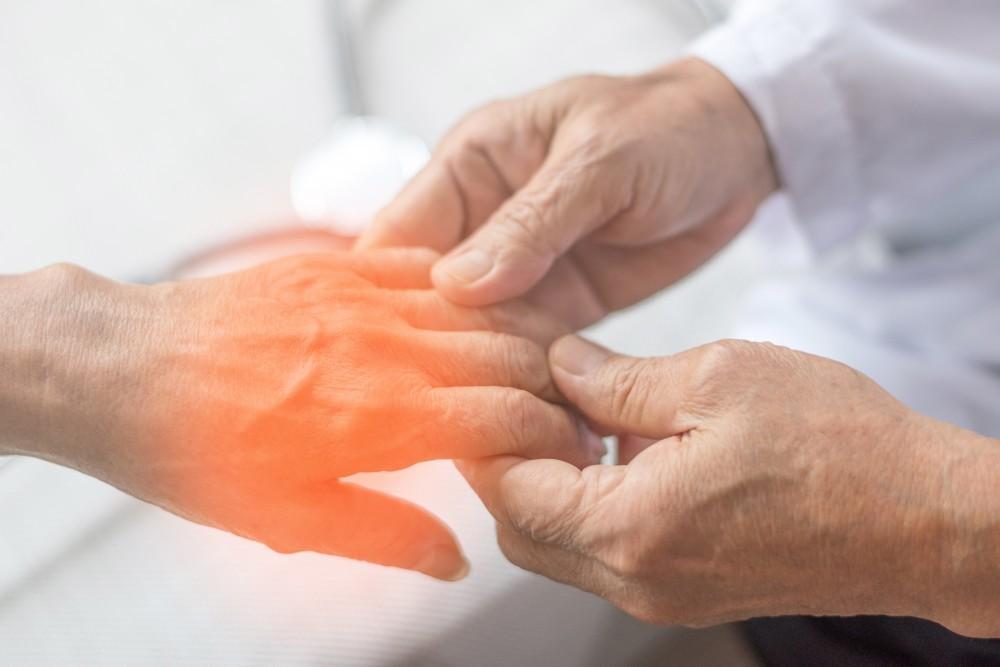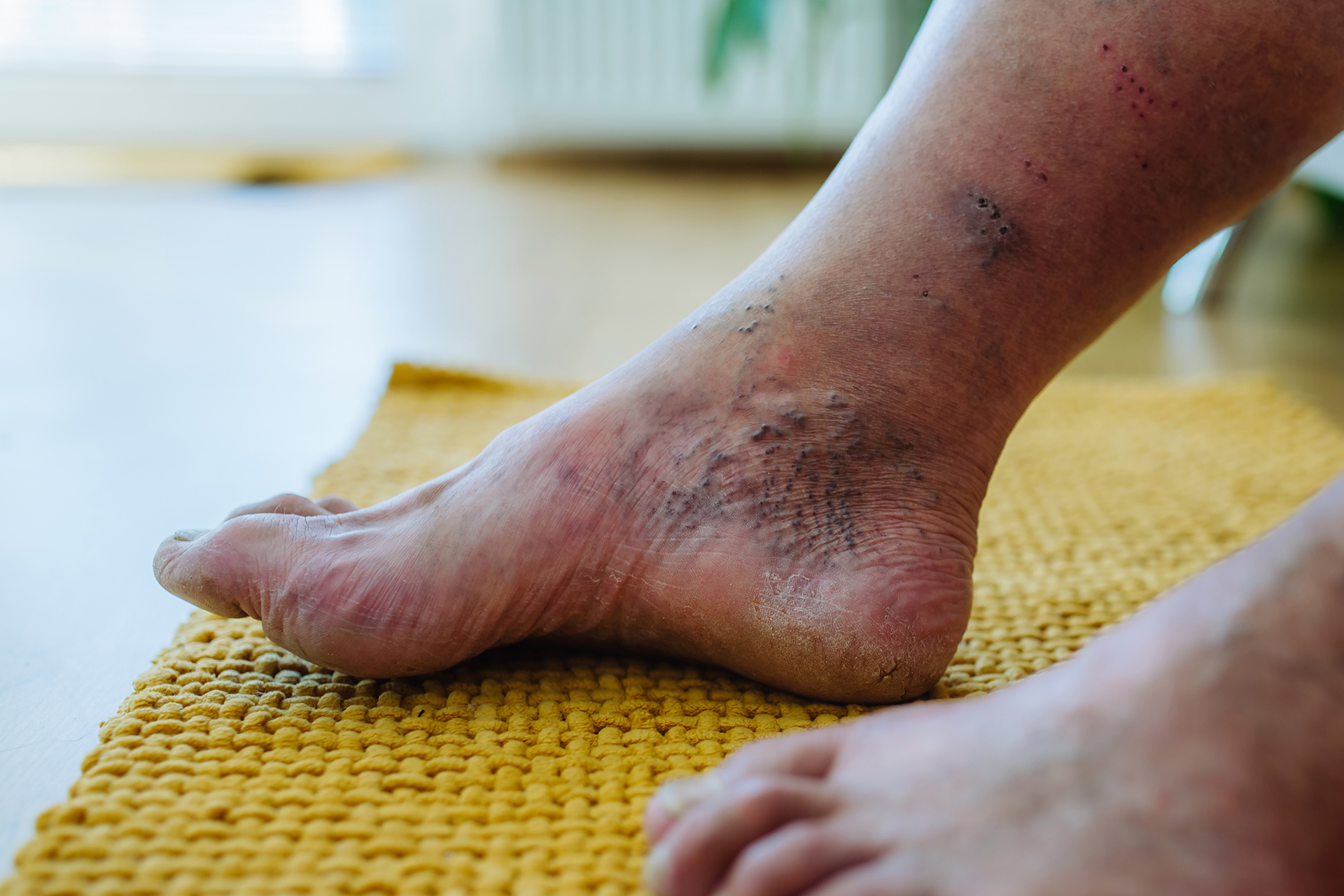Do you ever experience a tingling sensation in your hands? Perhaps it feels like pins and needles, numbness, or a burning sensation. While it might seem harmless at first, hand tingling can be a sign of underlying issues that require attention. In this blog post, we’ll delve into the causes, symptoms, and effective treatments for hand tingling sensation. Understanding these factors is crucial for finding relief and maintaining hand health.
1. What Causes Hand Tingling Sensation?
Hand tingling sensation can arise from various factors, including nerve compression, injury, poor circulation, and underlying medical conditions. Nerve compression, such as that seen in carpal tunnel syndrome, occurs when the median nerve in the wrist is compressed, leading to tingling, numbness, and weakness in the hand and fingers. Additionally, conditions like diabetes, vitamin deficiencies, and certain medications can contribute to hand tingling sensation. Identifying the root cause is essential for developing an appropriate treatment plan.
2. Symptoms of Hand Tingling Sensation:
The symptoms of hand tingling sensation can vary from person to person. Some may experience a mild tingling sensation, while others may feel numbness, pins and needles, burning, or prickling. These sensations may occur sporadically or persistently, and their severity can range from mild discomfort to debilitating pain. It’s essential to pay attention to these symptoms and seek medical attention if they worsen or persist over time.
3. Diagnosis and Medical Evaluation:
If you’re experiencing hand tingling sensation, it’s crucial to consult a healthcare professional for a thorough evaluation. Your doctor may perform diagnostic tests such as nerve conduction studies, electromyography (EMG), and imaging scans to identify the underlying cause of your symptoms. These tests can help determine whether your hand tingling is due to nerve damage, compression, or other medical conditions, allowing for targeted treatment.
4. Treatment Options:
Treatment for hand tingling sensation depends on the underlying cause and severity of symptoms. Conservative treatments such as rest, ice, compression, and elevation (RICE) may provide relief from acute symptoms. Physical therapy exercises can help improve strength and flexibility in the hands and wrists, reducing the risk of further injury. Medications such as pain relievers and anti-inflammatories may also be prescribed to alleviate discomfort. In severe cases or when conservative treatments fail to provide relief, surgical interventions may be necessary to address underlying conditions like carpal tunnel syndrome.
5. Natural Remedies and Lifestyle Changes:
In addition to conventional treatments, certain lifestyle changes and natural remedies may help alleviate hand tingling sensation. Incorporating ergonomic practices into your daily routine can help reduce strain on your hands and wrists, preventing repetitive strain injuries. Maintaining a balanced diet rich in essential nutrients and staying hydrated can support nerve health and overall hand function. Alternative therapies such as acupuncture, chiropractic care, and herbal supplements may also offer relief for some individuals.
6. Home Remedies for Relief:
There are several simple home remedies that you can try to relieve hand tingling sensation. Wearing a wrist splint can provide support and stability, especially during activities that exacerbate symptoms. Gentle stretching exercises can help improve flexibility and reduce tension in the hands and wrists. Applying heat or cold therapy to the affected area can help alleviate pain and inflammation. Additionally, practicing stress-reduction techniques such as yoga, meditation, and deep breathing exercises can promote relaxation and improve circulation, reducing the likelihood of hand tingling sensation.
7. Prevention Tips:
Preventing hand tingling sensation involves adopting healthy habits and ergonomic practices. Ensure that your workspace is ergonomically designed to minimize strain on your hands and wrists. Take regular breaks during repetitive tasks to stretch and rest your hands. Maintain good posture and avoid prolonged periods of sitting or standing in one position. Incorporate regular exercise into your routine to improve circulation and strengthen the muscles in your hands and wrists. Finally, prioritize self-care by getting enough sleep, managing stress, and maintaining a healthy lifestyle overall.
8. When to Seek Professional Help:
While mild hand tingling sensation may resolve on its own or with home remedies, persistent or severe symptoms warrant medical attention. If you experience worsening symptoms, weakness, loss of sensation, or difficulty performing daily tasks, consult a healthcare professional promptly. Your doctor can conduct a thorough evaluation, diagnose any underlying conditions, and recommend appropriate treatment options. Early intervention is key to preventing further complications and restoring hand function.
Takeaway
Hand tingling sensation treatment can be a distressing symptom with various underlying causes. By understanding the factors contributing to this sensation and seeking appropriate treatment, you can find relief and maintain hand health. Whether through conservative treatments, natural remedies, or lifestyle changes, there are many options available to alleviate hand tingling and promote overall well-being. Remember to listen to your body, prioritize self-care, and seek professional help when needed to ensure optimal hand function and quality of life.






